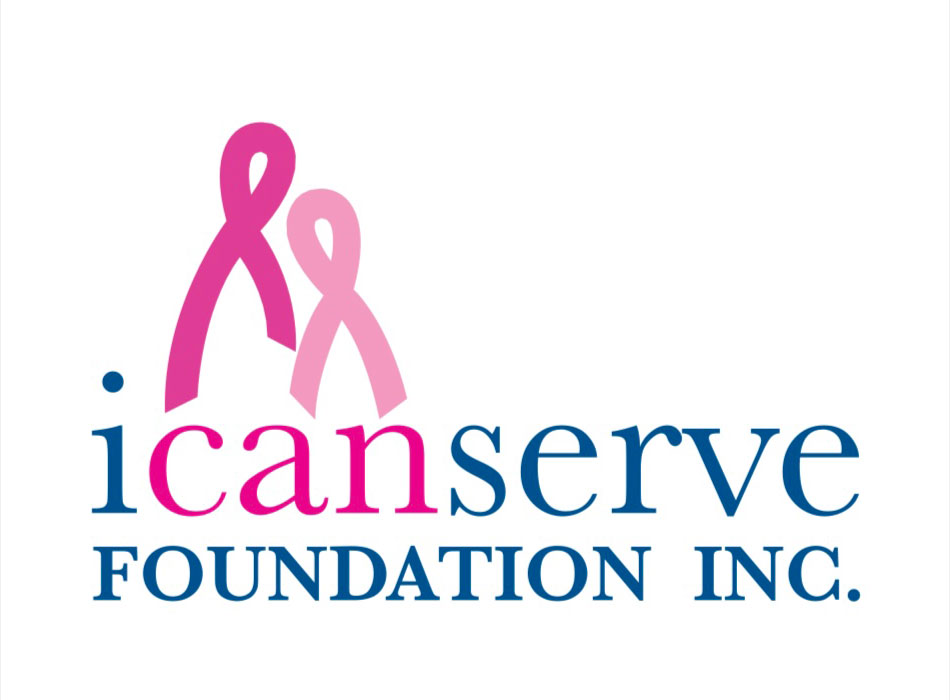By Dr. Karen de la Cruz
In the annals of stress management, one of the most stressful situations is “having to care for someone who is ill, or incapacitated with a terminal illness”.
We have a term for this role… “the caregiver”. Some caregivers are paid to do the work – from nurses, to nursing aides, to hospice care nurses, to attendants. They are usually trained in the rigors of caregiving – from the physical signs and symptoms to watch out for in their patients, to the hygienic and nutritional needs, to administering medicines and drugs prescribed by the doctors, getting the vital signs, and even the psychological aspects. And there are those who are not paid to do the work, but are forced to do so because of the circumstances in their lives. Normally, in the Philippine setting, the role of caregiving is saddled on a family member.
Learning the ropes
One of the first important points for a family caregiver is to educate himself/herself about the type of cancer the loved one has. It is quite common for family members to initially deny the reality of the illness and because of this, ignore the complaints and discomforts of the loved one. And yet, information and knowledge of the illness enables both the caregiver and the patient some element of control about the ambiguity of the illness.
Knowing the symptoms, the pains, the difficulties and discomforts encountered during treatment become easier to handle when one is equipped with the necessary tools to handle this. It is also imperative that the caregiver understands the medications the loved one will have to take or undergo, the reasons behind these and what these medications can do, the side effects to watch out for and how to handle them.
Many cancer patients have been known to suffer unnecessarily simply because of the caregivers’ ignorance about a drug. Worse, caregivers end up sometimes stopping the patient from taking the medicine once a side effect is noted simply because of lack of understanding. Added to this is knowledge about the diet the loved one should take, the type of exercise (if prescribed). This way, the caregiver can help plan healthy meals and activities for the loved one.
Facing the fears Many family caregivers have been dutiful in performing their duties on the physical realm, but when it comes to the psychological, this is where the pitfalls come in. Family caregivers who have difficulty coping and understanding the illness will most likely also not understand or empathize if the patient complains of pains, or simply wants to talk about their fears of dying, or engage in nagging, doom-gloom conversation. The initial tendency of caregivers is to tell the patient gently to stop talking, to occupy his mind with something else, or to even think that he is just making all these up in his mind. From pain to fears, a caregiver should actually be brave and patient to take time to listen. Ventilation allows patients psychological air, which enables them to talk about their fears release their tension.
It will help the caregiver to develop the skill of empathizing – helping the ill loved one eventually understand where his fears are coming from, and finding the strength within to accept these fears as part of human nature.
The Spiritual
Another intervention introduced is prayer and spiritual upliftment. Reading passages from the Holy Book, peaceful quotations from wisdom literature, playing soothing music, reading stories from good books can usually help calm the person. When the ill loved one has the energy, the caregiver can encourage the person to do creative work – drawing or painting simple pictures, doing cross stitch, crocheting and other art activities. This is truly therapeutic and also helps build a closer rapport between
the caregiver and the patient.
Caring for one’s self
Indeed, caregiving is stressful and difficult, especially when the patient becomes very trying or when the illness becomes aggravated. It is important that caregivers find time to distance themselves for awhile from such stress. Renewal activities and rest are of utmost importance, from taking care of one’s health through continuous exercise, right amount of sleep, good food to spiritual, mental and social activities. Being cooped up in the house caring for a loved one can be fulfilling because one performs a service. But it could equally be taxing if carried to extremes.
A final counsel for caregivers
Caregiving is indeed an awakening. This is a point in your life where you realize you do not own your life and you cannot control others’ lives. It is a point when you realize that sometimes, even the smallest hint of hope is a course for joy. The smallest comfort is a reason to kneel down in grateful prayer. Caregiving affords us a few lessons in life. As one takes care of a loved one, the road to true love and infinite patience opens up. The caregiver serves as the patient’s strength, and in being so, he find strength within himself.
On this road, one eventually learns to discern between situations which one can change, and situations which one would be wiser to accept. If the future holds something promising, the caregiver and the patient both find fulfillment in having weathered it through, but it could also be a road that points towards facing one’s fears together.
As the days go by, the fear becomes almost like a faceless being staring you at you in the mirror. The recourse is to stare back, calmly face the inevitable… because whatever happens, life goes on.
Dr. Karen V. de la Cruz is an organizational psychologist and a volunteer for the cancer community. She can be reached at karenvcruz@uplink.com.ph.
